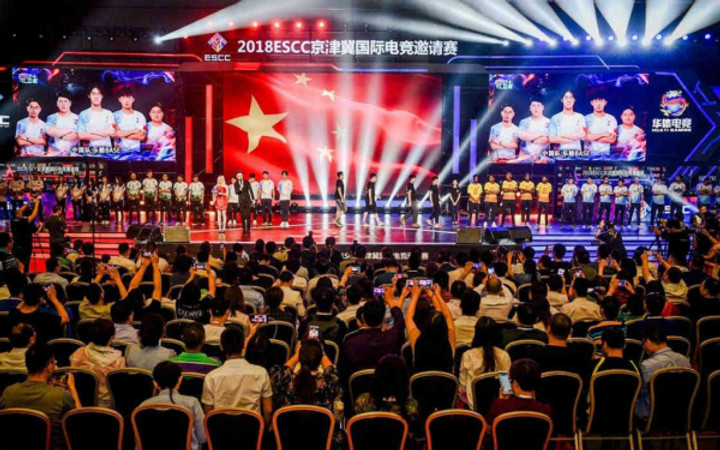Earlier this week, China, Japan, and South Korean announced that the three countries have made major progress in improving and developing national esports teams in Asia. Part of the new agreement includes a partnership that will see the three countries co-hosting esports tournaments beginning in 2020. The first host city will be in South Korea.
According to China’s state-owned broadcaster, CCTV, the newly announced tournament will only feature national teams, but the goal of the newly formed partnership is to build a recognized esports tournament that will be standard for the three countries to help the continued improvement and development of esports in Asia.
The deal was officially put into place on November 15, after the Korea e-Sports Association (KeSPA), the China Culture and Entertainment Industry Association (CCEA), and the Japan Esports Union (JeSU) signed an official partnership at the 12th Trilateral Cultural Content Industry Forum. The forum, hosted by the Ministry of Culture and Tourism of The People’s Republic of China, Ministry of Culture, Sports and Tourism, Republic of Korea, and the Japan Ministry of Economy, Trade, and Industry, has been a vital platform for the three countries to discuss various partnerships involved with the cultural industry.
The news comes just after Tencent and Ubisoft announced that they are waiting for the Chinese government, who has officially entered its 17th year since it has recognized the esports industry as a sport in the country, to release approval for Rainbow Six Siege. Ubisoft received negative feedback and criticism from the gaming community in 2018 after the game revealed it would remove certain aspects of the game in order to receive approval in China. Ubisoft would eventually add the elements back into the game, but at the detriment of disapproval from the Chinese government. Ubisoft’s EMEA Esports Director Francois-Xavier Deniele said of the changes, “We need to be careful to not destroy everything we are doing with Rainbow Six: Siege … so a lot of all of our jobs right now is working on how we will get the Chinese market into the scene, not just for the game, but also into our esports plans.”

 No ads, our video library,
No ads, our video library,

